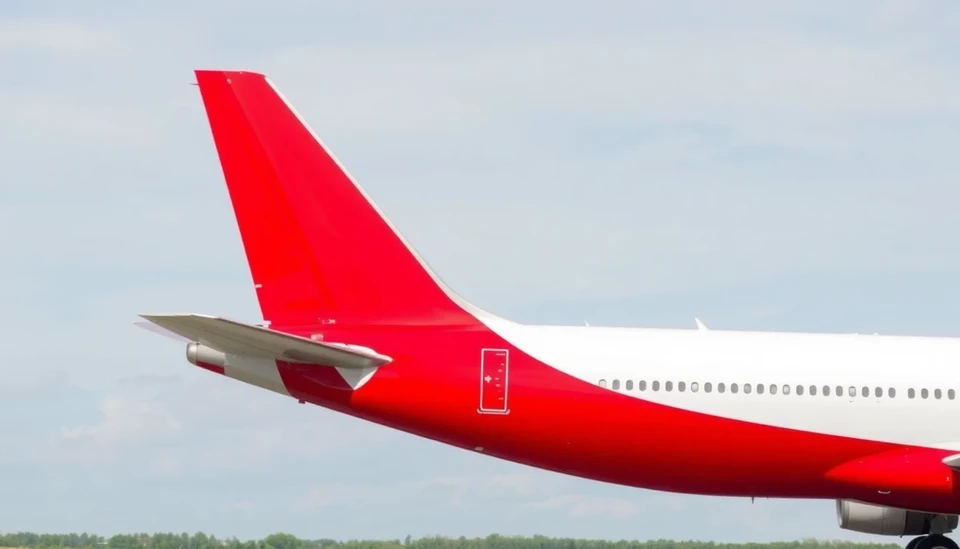
In a bold move that is set to have far-reaching implications for travel costs, Amsterdam Airport Schiphol has announced plans to raise its charges for airlines by a staggering 41% starting next year, 2024. This decision comes as the airport grapples with increasing financial pressures and aims to enhance its infrastructure and services in the face of rising passenger demands.
The increase is being justified by the airport's management, who argue that the additional revenue is necessary to support ongoing investments in facilities and technologies that can improve the travel experience for all passengers. The substantial rise in airport fees is expected to significantly elevate operational costs for airlines. As a direct consequence, it could lead to higher ticket prices for travelers and potentially impact the competitive landscape in the European aviation market.
According to the airport authority, the costs associated with maintaining and upgrading airport facilities, alongside higher energy expenditures, have necessitated this increase. Schiphol has been undergoing extensive renovations aimed at accommodating a growing number of international travelers, which saw a resurgence post-pandemic. The management emphasizes that these upgrades are essential to maintain the airport's status as a leading hub in Europe.
This charge increase has sparked concerns among airlines, who warn that such steep costs may ultimately be passed down to consumers. Additionally, budget airlines, which typically operate under tighter profit margins, are particularly apprehensive about how this sharp price hike could shape their operational strategies moving forward. Airline representatives are currently assessing the implications, and discussions concerning future fare adjustments are already underway.
Industry experts predict that this raise could trigger a domino effect across the European aviation sector, prompting other airports to reassess their fee structures in response. The ripple effects of Amsterdam’s decision are likely to prompt low-cost carriers to scrutinize their pricing strategies and might stall growth in passenger numbers as travelers seek more affordable options elsewhere.
As the airport prepares to unveil more details about how these new charges will be implemented and the specific timeline for airlines, the travel industry remains in a state of anticipation. Stakeholders are closely observing how these changes will unfold in the coming months, as passengers, airlines, and airport authorities navigate the resulting landscape of increased operational costs and potential fare increases.
Local businesses, reliant on the influx of tourists traveling through Schiphol, have also expressed concerns about the potential negative impact. A decrease in foot traffic as a result of higher travel costs may compromise the fragile recovery of the city’s tourism sector, already affected by geopolitical tensions and economic uncertainties.
In summary, Schiphol's decision to hike airport fees by 41% is a bold strategy targeting necessary financial recovery, but it comes with considerable risks. As the aviation landscape evolves in response to these changes, it remains to be seen how airlines and consumers will adapt to the shifting dynamics of travel pricing.
With the situation still developing, stakeholders across the aviation industry are poised for further announcements from the airport management, which could alter the course of travel economics in 2024 and beyond.
#AmsterdamAirport #AirlineCharges #TravelCosts #AviationNews #SchipholAirport #TravelIndustry #Inflation #AirfareIncrease #TourismImpact #EuropeanAirlines
Author: John Harris




